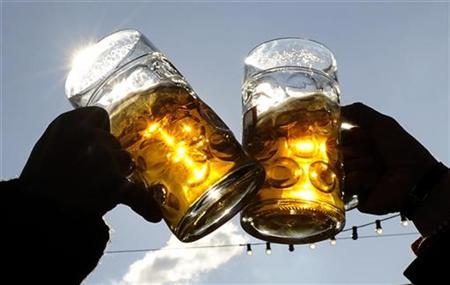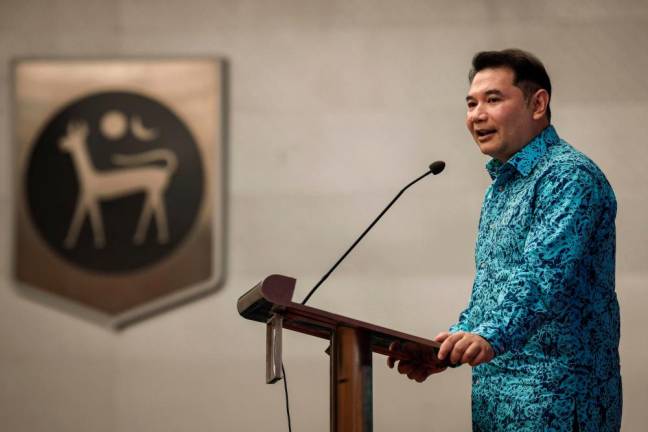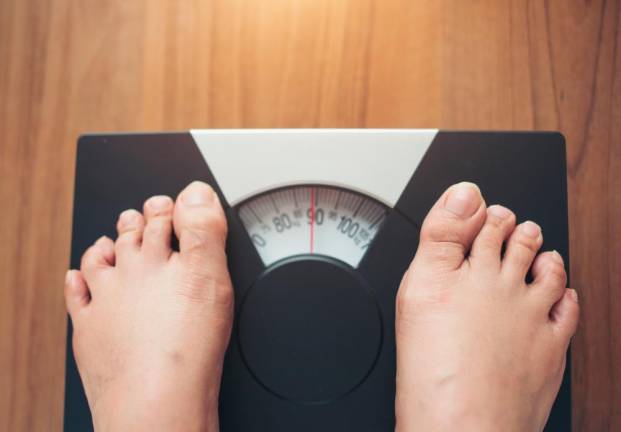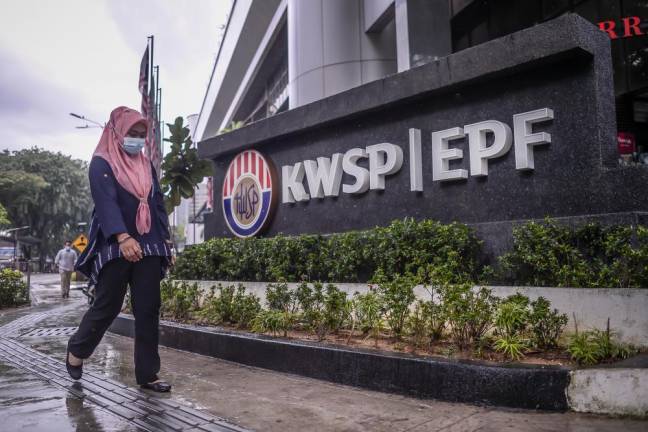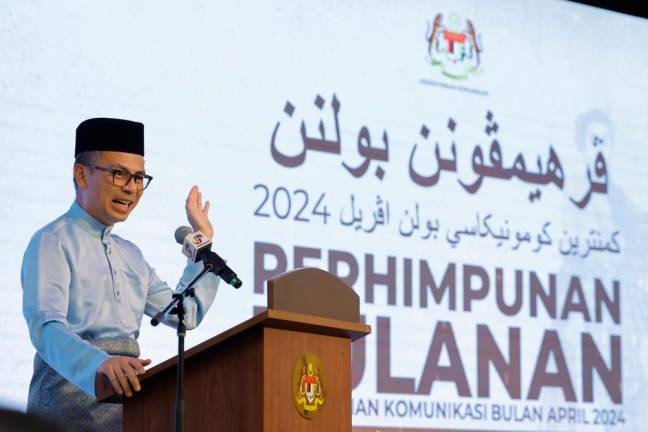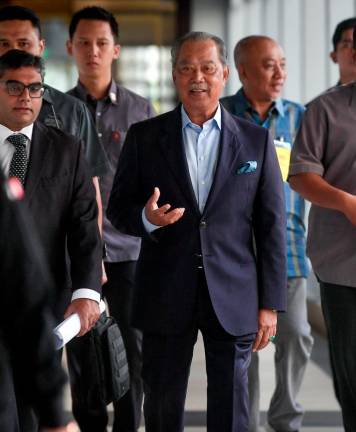KUALA LUMPUR: The government and local authorities need to enact a special law to ban people from drinking liquor or alcoholic beverages in public places, said Malaysian Muslim Consumers Association (PPIM) chief activist Datuk Nadzim Johan.
He said the law was necessary to address the recent spike of social problems associated with alcohol use.
“The MPs need to propose this motion in Parliament and the local authorities should be more proactive in the enforcement as we have seen many negative consequences stemming from alcoholic beverages such as behaving aggressively and driving while intoxicated which resulted in road accidents.
“We should emulate countries such as Australia and the United Kingdom, where the sale and consumption of alcoholic drinks must be done indoors,” he said.
He was commenting on a recent statement by Deputy Health Minister Dr Lee Boon Chye that his ministry had no authority to prohibit the public from drinking alcohol in certain places as the ban was under the purview of the local authorities.
Nadzim also urged the public to continue to lodge complaints with the local authorities to take decisive action if it was found that individuals were drinking alcohol in public places instead of the designated premises as it involved issues of racial and religious sensitivity.
Meanwhile, Federation of Malaysian Consumers Associations (Fomca) deputy president Mohd Yusof Abdul Rahman said local authorities in particular needed to tighten rules on alcohol-free zones which prohibited the public from drinking liquor openly at the eateries.
“The local authorities have the power to do this and they can determine which premises are appropriate to be gazetted for alcoholic beverages. While for premises such as coffee shops and restaurants, any activity involving alcohol should not be allowed,” he said.
He also agreed that stiffer fines be imposed on those who committed the offence of drinking in public places by citing Singapore as an example, where offenders in the republic could be fined of up to S$10,000 (about RM30,200), if convicted. — Bernama



